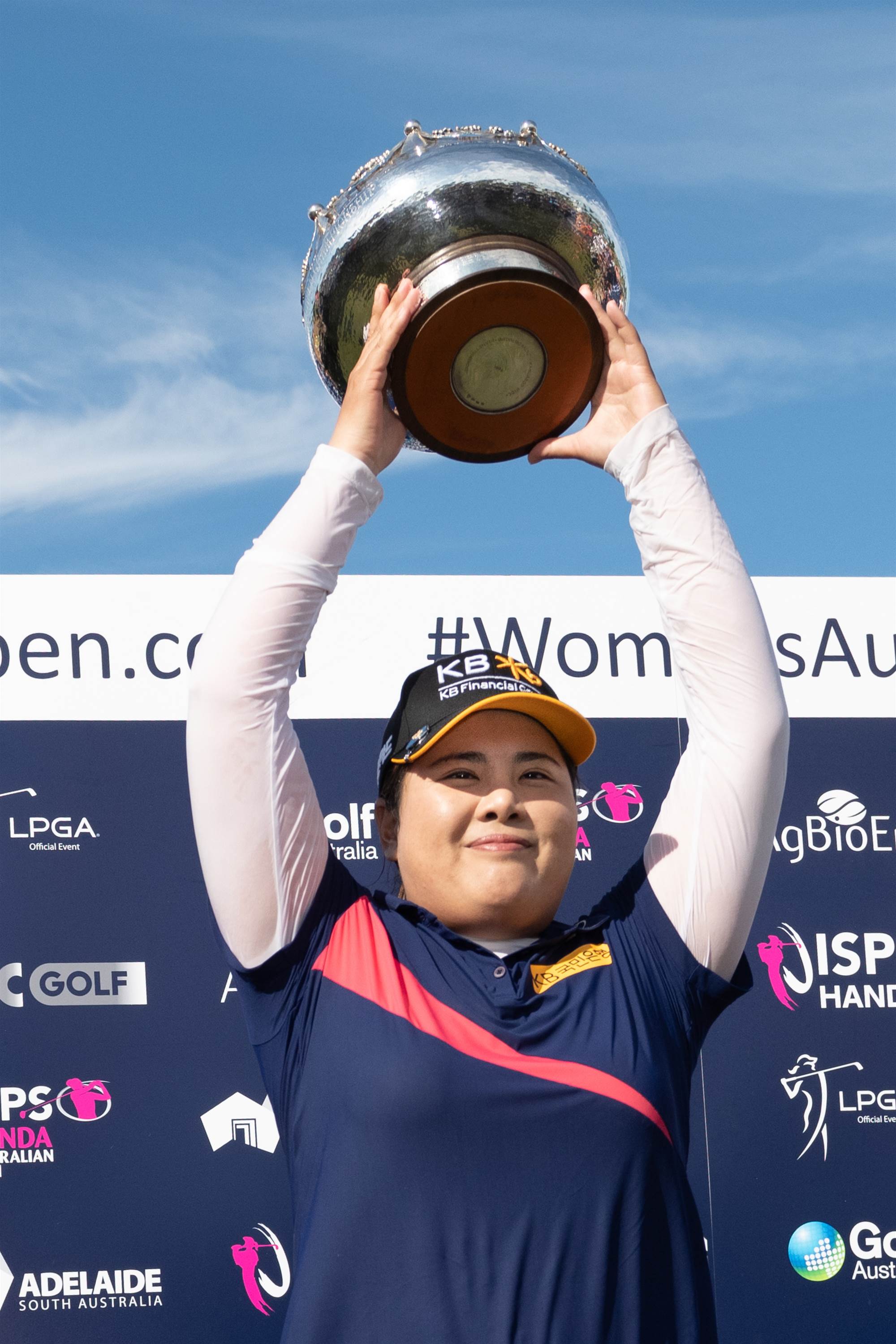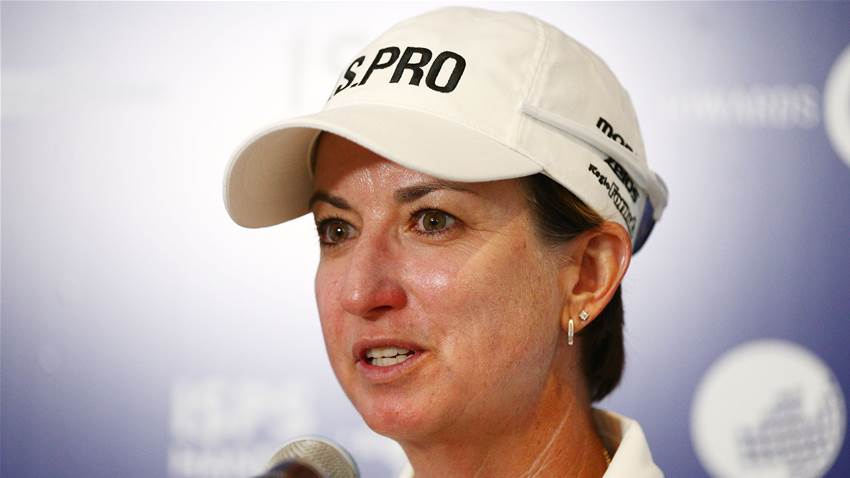Several years ago during a discussion about a now long forgotten issue, the head of what was then the NSW Golf Association, David Allen, told me something which I have never forgotten.
“Our responsibility,” Allen said, “is to golf. Not women’s golf or men’s golf or junior golf or amateur golf or professional golf or any other title people want to attach to the game.
“Our responsibility is to the game which is the same game for everybody and played by the same rules for everybody. That is our responsibility.”
Not for the first time I thought about this last week when the latest episode of Golf Australia’s podcast ‘The Thing About Golf’ was released. (Listen here).
 Episode 21 is a lengthy chat with one of the best golfers in the history of the game, Karrie Webb, and there is a lot of ground covered because Karrie was more than generous with her time.
Episode 21 is a lengthy chat with one of the best golfers in the history of the game, Karrie Webb, and there is a lot of ground covered because Karrie was more than generous with her time.
RIGHT: Olympic Golf medalist and 2020 Australian Women's Open winner Inbee Park has, like Webb, been asked to pay for equipment. PHOTO: Sue McKay/Getty Images.
But among the enduring memories for me was a revelation that came towards the end of our nearly two-hour chat (three before editing!) about the current relationship the game has with women.
As Karrie explains, she approached a club company last year about getting a new set of irons and was told that if she wanted them, she would have to pay for them.
Webb is a seven-time major winner and LPGA and World Golf Hall of Famer. She is an Australian – and international – golfing icon.
She is the second highest earner on the LPGA Tour in history behind only Annika Sorenstam.
In short, she is golfing royalty. And yet, for all that, she was asked to pay for a set of golf clubs.
Sadly, there is precedent for this. In 2018, when she was the reigning World No.1 and only woman in history to win an Olympic gold medal, fellow LPGA Hall of Famer Inbee Park was also asked to pay for golf clubs.
Like Webb, Park is a seven-time major winner and icon of the game but apparently that counted for nought when she was looking for some replacement fairway woods and hybrids.
Ironically, when that story broke, Webb was one of the players quoted about the incident.
“It just goes to the fabric of the inequality that is trying to be changed in golf,” she said, “but it still exists.”
“And it doesn’t get spoken about at all.”
None of this would be a problem, of course, if the iconic players in the men’s game were treated the same.
"In short, she is golfing royalty. And yet, for all that, she was asked to pay for a set of golf clubs."
But even the most cynical would have to admit it unlikely that Gene Sarazen, Arnold Palmer, Sam Snead or Harry Vardon were ever asked to pay for a club after capturing their seventh Grand Slam title.
(Bobby Jones, the other seven-time major winner, may indeed have paid for equipment given his amateur status.)
And the issue isn’t about money, it’s about respect. Both Park and Webb, thanks to their extraordinary talents, can easily afford to buy whatever golf equipment they want.
The same is true for any male golfer with equivalent standing in the game yet it would beggar belief if any in the top 50 men in the world – let alone with a record comparable to either Park or Webb – had been asked to pay for a club since their teen years.
Webb didn’t make a big deal about what had happened and was quick to (rightly) heap praise on the company that did come to the party (hat-tip to Mizuno Australia).
But that it happened at all is something that everyone in golf – from the media to recreational players to the top administrators of the game – should find concerning.
Because if these are the messages being sent to women of such high standing, what does it say to future generations?
If David Allen was right and golf truly is for everybody, this sort of incident is not OK.
And it is up to all of us to take a leaf out of Karrie Webb’s book and talk about it.
Related Articles

Winner’s Bag: Jeeno Thitikul – CME Group Tour Championship

Winner’s Bag: Xander Schauffele – Baycurrent Classic













